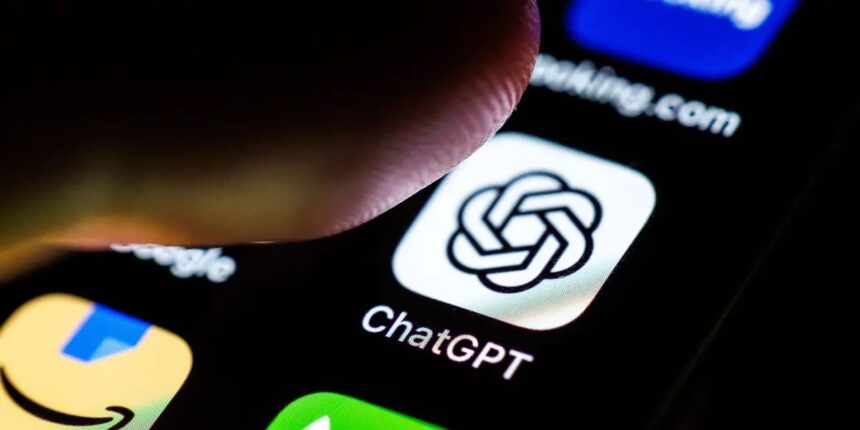OpenAI has officially transformed ChatGPT from a conversational assistant into a full-fledged app platform. The company’s latest update introduces third-party apps that users can access directly within their chat window — a move that could redefine how humans interact with software and automation.
Announced during OpenAI’s 2025 DevDay, the new feature allows ChatGPT users to call on applications like Spotify, Figma, and Zillow within a conversation. Rather than switching tabs or copying links, users can now request actions such as “Spotify, make a playlist for my road trip” or “Figma, sketch a layout for a website,” and get real-time, in-chat responses.
This marks the first time OpenAI is merging conversational AI with functional interactivity at scale — a move that blurs the line between chatting with an assistant and managing your digital workflow.
A New SDK and Developer Ecosystem
OpenAI also unveiled its Apps SDK, giving developers tools to build directly into ChatGPT. The company says the new system will allow apps to appear contextually — for instance, if a user asks for a meal delivery, apps like DoorDash or Uber Eats could appear within the chat interface.
Developers can integrate securely, letting users log in to their existing accounts within ChatGPT. OpenAI insists that apps must disclose data usage and collect only essential user information.
The rollout also expands on the earlier GPT Store, which hosted custom bots. This update takes that a step further by embedding apps inside conversations — effectively turning ChatGPT into an AI-powered operating system.
For users, this means fewer distractions and a smoother workflow. Instead of toggling between platforms, people can book, design, stream, and search from one interface. But for competitors, particularly Google and Microsoft, it signals growing pressure to make their AI tools equally interactive and developer-friendly.
The announcement could also reshape software discovery. Instead of downloading apps from stores, users might soon “find” them through conversations. This could empower developers but also raise questions about visibility and ranking — who decides which app gets suggested first?
Why it Matters
While the integration sounds exciting, it also raises deeper concerns. Privacy advocates warn that blending apps into chat could blur boundaries between personal data, app data, and AI memory. OpenAI has pledged transparency, but regulators may soon step in to clarify what’s permissible.
For Africa’s growing digital economy, this evolution presents both opportunity and risk. On one hand, local developers could create apps that meet regional needs — from fintech tools to agricultural monitoring systems — and gain global reach inside ChatGPT. On the other, overreliance on OpenAI’s platform could deepen digital dependency on U.S.-based tech giants.
OpenAI’s vision seems clear: make ChatGPT the central hub of digital life. As it integrates music, maps, and marketplaces into a single chat thread, the platform edges closer to replacing the browser itself.
But in doing so, it raises a broader question: is the future of computing one conversation away, or one platform away from monopoly?
For now, tech enthusiasts are watching closely — because if ChatGPT truly becomes an app ecosystem, the age of multi-tab browsing may quietly come to an end.
Talking Points
This latest move by OpenAI is not just a feature update — it’s a paradigm shift. ChatGPT is no longer just a chatbot; it’s shaping up to be a full-fledged AI operating system, capable of hosting third-party apps, automating workflows, and replacing traditional search or browser interactions.
But here’s the kicker: we’re witnessing the slow disappearance of app stores as we know them. If every service lives inside ChatGPT, Google Play and the App Store may soon lose their gatekeeping power. It’s an elegant revolution disguised as convenience.
While the U.S. and Europe debate AI ethics and developer ecosystems, Africa risks becoming a passive consumer of AI ecosystems it didn’t build. Imagine if every financial, educational, or creative app used in Lagos, Nairobi, or Accra has to “live” inside ChatGPT — a platform owned, regulated, and monetized by OpenAI in California.
Africa must build its own AI-integrated ecosystems before global giants define what “local innovation” even means. Nigerian startups, for instance, could seize this opportunity to create ChatGPT-compatible tools for regional banking, language learning, or trade logistics — but only if they can afford to play in OpenAI’s ecosystem.





